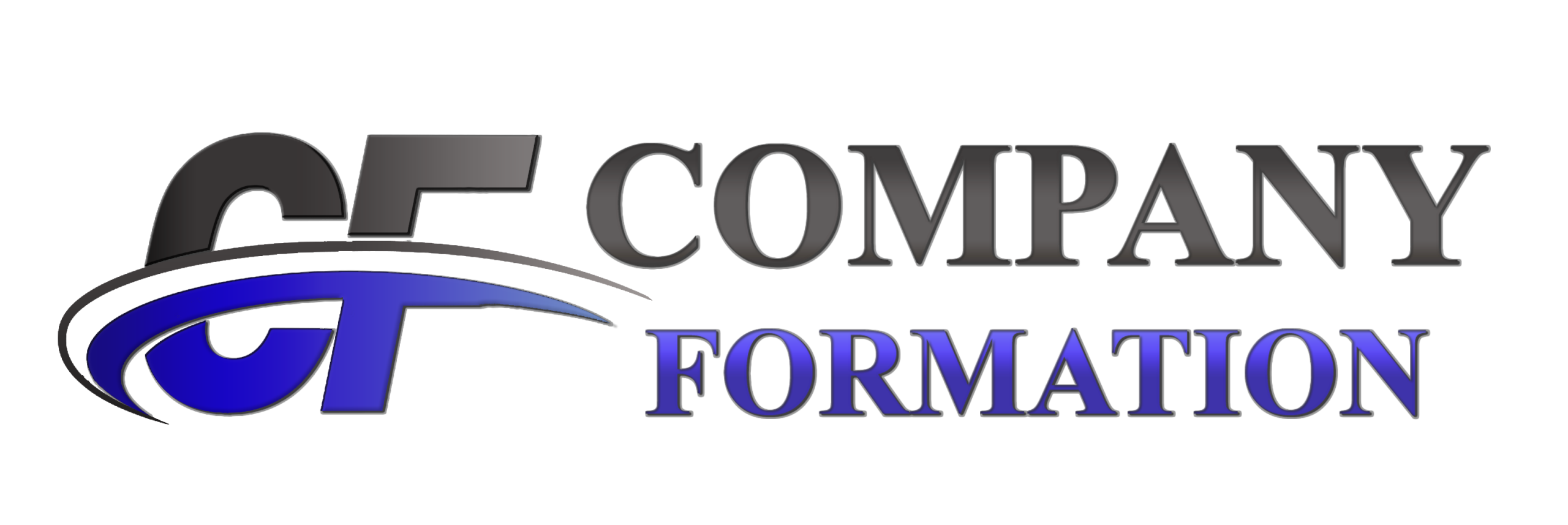How to Set Up a Holding Company in Dubai, UAE
Steps For Setting up a holding company in Dubai, UAE Setting up a holding company in Dubai, UAE, involves choosing a business structure (like an LLC or free zone company), registering a unique trade name, securing a holding company license from the Department of Economic Development (DED) or a free zone authority like DIFC or Meydan, submitting documents like a Memorandum of Association (MoA) and KYC, and opening a corporate bank account. Costs start at AED 12,000 for free zone setups, with benefits like tax efficiency, asset protection, and 100% foreign ownership. Follow these steps: pick a name, choose a jurisdiction, file documents, get a license, and ensure compliance. For 2025, expect updated UAE company law regulations, including Economic Substance Requirements. Consult a business setup consultant in Dubai for a smooth process. How to Set Up a Holding Company in Dubai, UAE Establishing a holding company in Dubai remains one of the most efficient ways to centralize asset management and shield investments while excluding day-to-day operational distractions. I have lived through the UAE’s sprawling regulatory maze myself and can attest that the initial paperwork often looks worse than it actually is in the emirate’s famously pro-business climate; enterprises that once appeared bulky and daunting shrink to a series of straightforward decisions. Free zone or mainland, single shareholder or multiple partners, on-shore accounting or offshore banks- the alternatives do pile up, but each one is solvable with a clear plan. The ensuing paragraphs summarize the current 2025 holding-company framework, itemize anticipated costs, and reflect on the strategic tax environment that continues to attract global investors. Expect details relevant to anyone from commercial property flippers to intellectual property custodians and, just as importantly, to family offices thinking decades ahead. What Is a Holding Company and Why Set It Up in Dubai? A holding company is, at its core, an entity created to own assets rather than engage directly in commerce. The structure gains properties, trademarks, or equity in subsidiaries. It guides its strategy but doesn’t handle daily tasks like sales or production. Picture a parent setting house rules while leaving the children to handle their homework. Recently, I helped a colleague set up a holding company in Dubai. This company will manage a growing real-estate portfolio and a new technology venture. He was chiefly after the dual shields of asset protection and tax efficiency. The UAE has no personal income tax and has made double-tax treaties with over eighty places. Dubai’s location connects directly to trade routes in Asia, Africa, and Europe. This opens doors for future growth. What Are the Benefits of a Holding Company in Dubai, UAE? Having a holding company in Dubai, UAE, offers many clear benefits that decision-makers often find appealing. The following observations reflect field experience as well as a moderate review of current literature. Tax Efficiency. The absence of personal income tax and capital gains tax in the Emirates stands apart. Yes, there’s a 9 percent corporate levy and a 5 percent VAT. Still, many calculations suggest good savings compared to places that make more profit. Asset Protection. A well-structured holding entity keeps the parent pockets insulated from the financial mischief of any one subsidiary. Creditors may chase the failing business, but the remaining chain of firms remains untouched by that particular storm. Risk Mitigation. Spreading ventures across distinct subsidiaries creates a natural firewall. Friends in real estate say this spread helped protect their tech division when property prices dropped unexpectedly. 100 Percent Foreign Ownership. Zones such as the DIFC or Meydan permit complete foreign stakes without the customary local sponsor sharing the helm. That autonomy often appeals to entrepreneurs who prefer to steer their ship unencumbered. Succession Planning. Family-oriented firms lean on the holding structure because it facilitates tidy asset transfers from one generation to the next. Tax-neutral inheritance mechanics plus clear ownership lines smooth out what might otherwise be a fractious division of wealth. Government Support. Abu Dhabi and Dubai authorities are introducing specific incentives. These include temporary tax holidays and quicker registration processes, especially for businesses in free zones. Though bureaucracy never vanishes, the friction here is modest by global norms. Strategic Location. Dubai straddles air and sea corridors that stitch Europe, Asia, and Africa together without much delay. Investors in continental time zones like to start talks early and finish them late, all on the same day. Operational Efficiency. Centralized oversight from the holding company hub helps management teams avoid daily chaos in each operating unit. Board meetings cover policy once rather than repeating trifles, thus recovering hours that can be redirected toward innovation. Multicultural Marketplace: Dubai has a diverse labor pool. This helps multinationals fill management roles quickly, without long recruitment delays. Fluid Ownership: The free-zone framework allows quick transfer of equity or assets. This keeps daily operations surprisingly flexible. These advantages make the emirate attractive for new company registrations. This is especially true for founders who value confidentiality and strong central control. What Types of Holding Companies Can You Set Up in Dubai? Establishing a holding company in Dubai means weighing several distinct structures, each designed for particular strategic goals. Limited-Liability Company (LLC): The workhorse for small and mid-sized investors, the LLC shields personal assets while granting straightforward control over real estate or intellectual property. Local law signals a bottom-line capital commitment near AED 150,000- depending on the emirate, that figure can drift higher. Free-Zone Entity (FZE or FZC): Zones such as DIFC or DMCC sweeten the pot with zero income tax, unconstrained profit repatriation, and, critically, the right to own 100 percent of the UAE operation. Most firms that prize agility and privacy arrive here first. Offshore Company: Often filed via RAK ICC, the offshore registration serves minimal-tax, cross-border investors who want an anonymous layer between their personal wealth and global markets, real estate included. Public Joint-Stock Company (PJSC): To command the main board of the Dubai Financial Market, a venture must front AED 10 million in starter capital and open governance to minority stakeholders. That framework suits









